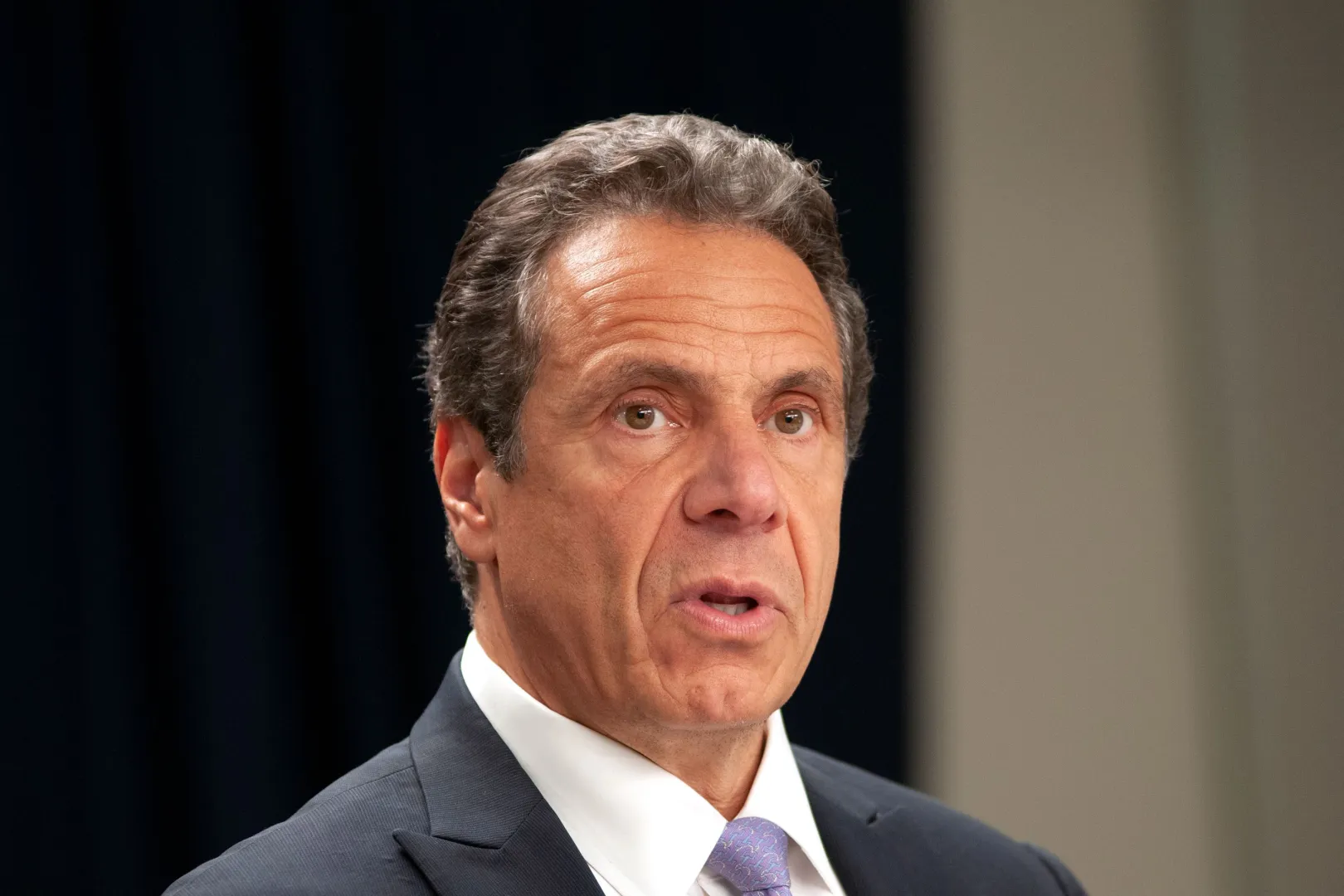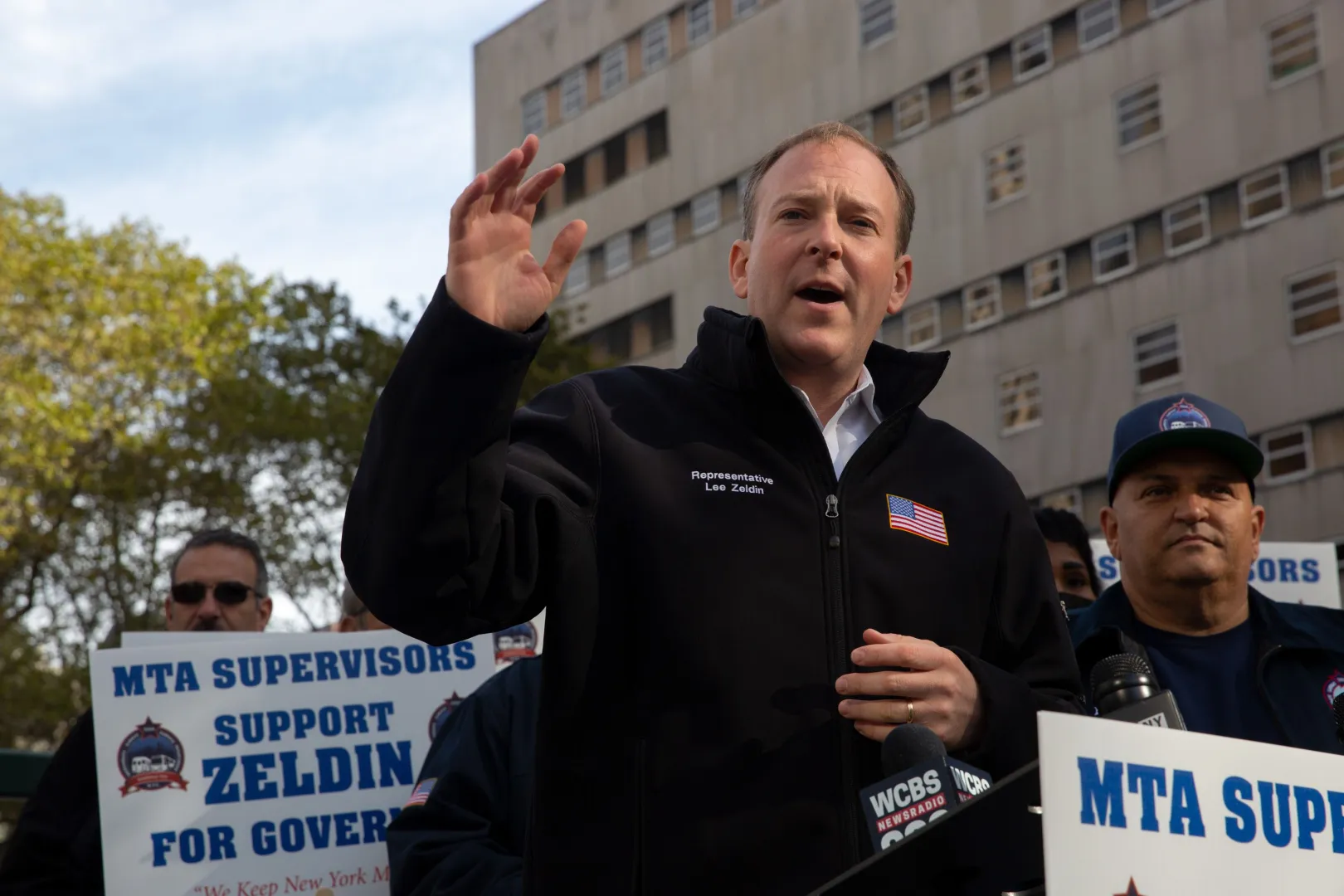Meek Mill, still “on probation my whole life,” talks about his justice Reform Alliance work at The McSilver Awards, and then with Christina and Harry.
Congrats to @MeekMill for being honored with the Vanguard for Social Justice award at NYU’s McSilver Institute for his work on @REFORM! pic.twitter.com/BR1Vl5Zq6i
— DidierMorais (@DidierMorais) June 11, 2019
Plus, McSilver Institute for Poverty Policy and Research COO Rosemonde Pierre-Louis talks about the night and its honorees.

MEEK MILL: Thank you to the McSilver Institute for honoring me. All the honorees—my first time finding out about a few of you guys and I’m happy to be a part of a reform situation. I’m from North Philadelphia, where most people know me as a rapper, but I’m a young man that grew up in a bad environment where I decided to put most of my time into making music and coming up, it was a long way. We come from conditions that you talked about with violence every day. I heard (Erica Ford) speak on school shootings: Philadelphia, people die everyday that look like me and come from where I come from. I fought my way and I’m very honored to be in a position where I can use my platform and actually do something for other people and make change in this world.
And you know, I never had a position to do that. I came up making music and rapping. My goal was always to really change the stigma of how we grew up and my family, like for my son and the ones that come after. You know, I grew up in a single-parent home where it’s almost impossible to really make it out with people selling drugs on your doorstep and there’s murder in your area everyday, where that almost become like a lifestyle for you, basically a religion. The streets, I always called it like a religion because it’s all you know, what you worship in, what you grew up in. And you know, I actually me myself I got a shot to make it out of these conditions. And you know, when I made it out, I still was being pulled back from a probation violation that I was gave at the age of 18.
I don’t know if anyone really inquired on what happened to my face. I’ve been beat by police, I’ve been locked up in penitentiaries, counties, whatever you can think of — probation my whole life. And I actually experienced seeing young men like myself ate alive in the criminal system in which you say it ain’t no justice in the system? I never seen the side of justice and I wanted to do something about it. And then when I actually got the support from my people and people standing up for me at this last situation, I felt like I should dedicate myself to giving that support back, and I never had support growing up in a single-parent home. After college—after grade school, there wasn’t even really awards that we can think about. I’m very grateful to have this award and this support to keep me pushing forward and making change.
As of right now, we have a foundation called The Reform Alliance: myself, Jay Z, Robert Kraft, Michael Rubin, Clara Wu Tsai, Robert Smith. When I was in prison, I just came up with the idea of taking the most — people with influence, power, money, giants in every field that I can think of and bringing them together and bringing them together for a cause that can make better change in America, and it’s been working. So I will say thank you for your support and thanks for having me. I appreciate you all.

CHRISTINA GREER: There are all these conversations about people getting arrested, but I thought the picture that the new documentary is going to show was really powerful because clearly you didn’t beat your own self up on the way to getting arrested. So can you just tell us a little bit about the violence that happens even before the arrest?
MM: I always tell people — I used that picture right there for the CD of one of my albums. This a normal thing I would say in where I come from in the black community—getting arrested, nine times out of ten comes with an ass whooping. That’s always been a result of what I’ve seen growing up. I think it was two days ago, someone asked me how many times I was beat by police. I never talked about it. I talk about the one time on the case that I’m actually find it now, but probably four or five times—it basically was normal coming up.
I think I filed — well, my mom probably filed reports every time I got hands put on me by police, but no action was never taken. Actually the picture you’ve seen, I was charged for actually hurting one of the officer’s hands. I think the charges got thrown out. Yeah, my head hitting his fist so, you know, that was just normal.
HARRY SIEGEL: I saw you saying on Twitter that you wouldn’t go back to North Philadelphia at this point.
MM: No, I was in North Philadelphia yesterday. I just said I try my best to stay far from those type of conditions. We talked about the streets in the hood where people who look like me die everyday, I don’t think it would be a smart decision for me to hang out in those places.
CG: Why do you think that your case has ignited a movement? You’re clearly not the first rapper to get arrested You’re clearly not the first rapper to go through incarceration in the criminal system. I’m thinking about Gucci Mane, I’m thinking about Offset of Migos, I’m thinking about people who are currently incarcerated. Why do you think that your case in particular ignited such a passion with people across the country?
MM: I just think people have followed me, seeing me from making it through so much — out of a place where people die every day, everybody on drugs — and making it out of the system. People who’ve seen me make it so far, and I’ll be probably the first rapper sentenced to years in prison for not even committing a crime. I’ve been on probation since I was 18. I’m 32 years old. I never got convicted (since then). I was sent back and wasn’t even really accused of committing crimes since I was on probation, and people just see somebody come so far and be pulled back down to a penitentiary, I think that was kind of outrageous and the fact of me being a person with a public platform sparked a little outrage.
HS: How does wrote the reform work you’re doing now with the Reform Alliance alliance, and your own case that’s going up to the appellate, tie in with the rest of your career now that you’re out—you’re still on probation, right? Do those parts come together at all, the work you’re doing?
It works for everyone in my situation, anyone who’s been unfairly treated in the system and I’m a part of that so I guess it has to be effective to me too. But you know, this is my life and–starting with probation and parole, probation and parole eats a lot of people like myself up, who come home and actually try to do right and without committing crime get placed back in prisons and you know, should really have a fair shot at life.
CG: Last question. Has any of this inspired you to be either run for office or possibly teach law?
MM: No. I don’t really care about that type of stuff. I wouldn’t even really care about really getting an award if I didn’t get one, you know what I’m saying? I wouldn’t really dwell on it if I didn’t get an award. This is a part of my life when I grew up in my whole life and if I can help others, you know, I spent a lot of my life rapping and making music is trying to make it out on my situation that I came from, you know, being a part of helping others, it’s new to me. So if I can do it in my life and my traumas and make things better, yeah: Why not?




